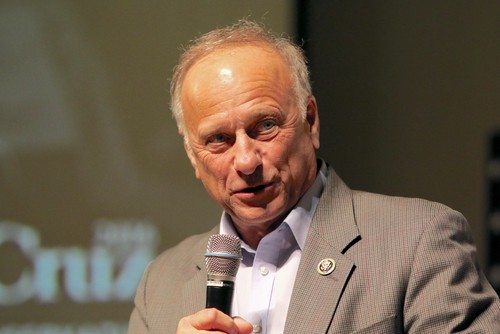
You may have heard that more education equals less religion in America, but is it true? Pew Research did a deep dive into the correlation between higher education and religious belief in America to learn the truth. The answer, as you might expect, is complicated.
Broadly speaking, among adults in America, college graduates are less likely than people with no college education to say religion is “very important” in their lives. 46 percent of college graduates say religion is very important, while 58 percent of those with less education say the same. 11 percent of college graduates call themselves atheists or agnostics, compared to just 4 percent of those with less education.
The numbers become more nuanced when describing American Christians though. Among the 71 percent of Americans who identify as Christian, there appears to be no real difference between college graduates and non-college graduates in terms of how important their faith is to them.
Interestingly, education appears to have no real effect on how often people attend a religious service. About 36 percent of Americans with college degrees say they attend a weekly religious service, compared to 34 percent of those with some college education and 37 percent with a high school diploma or less. 52 percent of Christians with a college degree say they attend church once a week, compared to 45 percent of Christians with some college education and 46 percent with no college education.
College grads are slightly less likely than others to describe themselves as Christians. 64 percent say they’re Christians, compared to just 71 percent of those with some college and 75 percent with a high school degree or less.
So what does this all mean? Well, the Pew study goes out of its way to say they have no idea. “There could be many possible reasons for these patterns, though such explanations are outside the scope of this report,” they write. Some have proposed what’s known as the “secularization theory,” which suggests education itself is responsible for a decline in religious beliefs, but that theory has come under serious criticism from sociologist Philip Schwadel, who argues “education positively affects religious participation, devotional activities and emphasizing the importance of religion in daily life.”






















